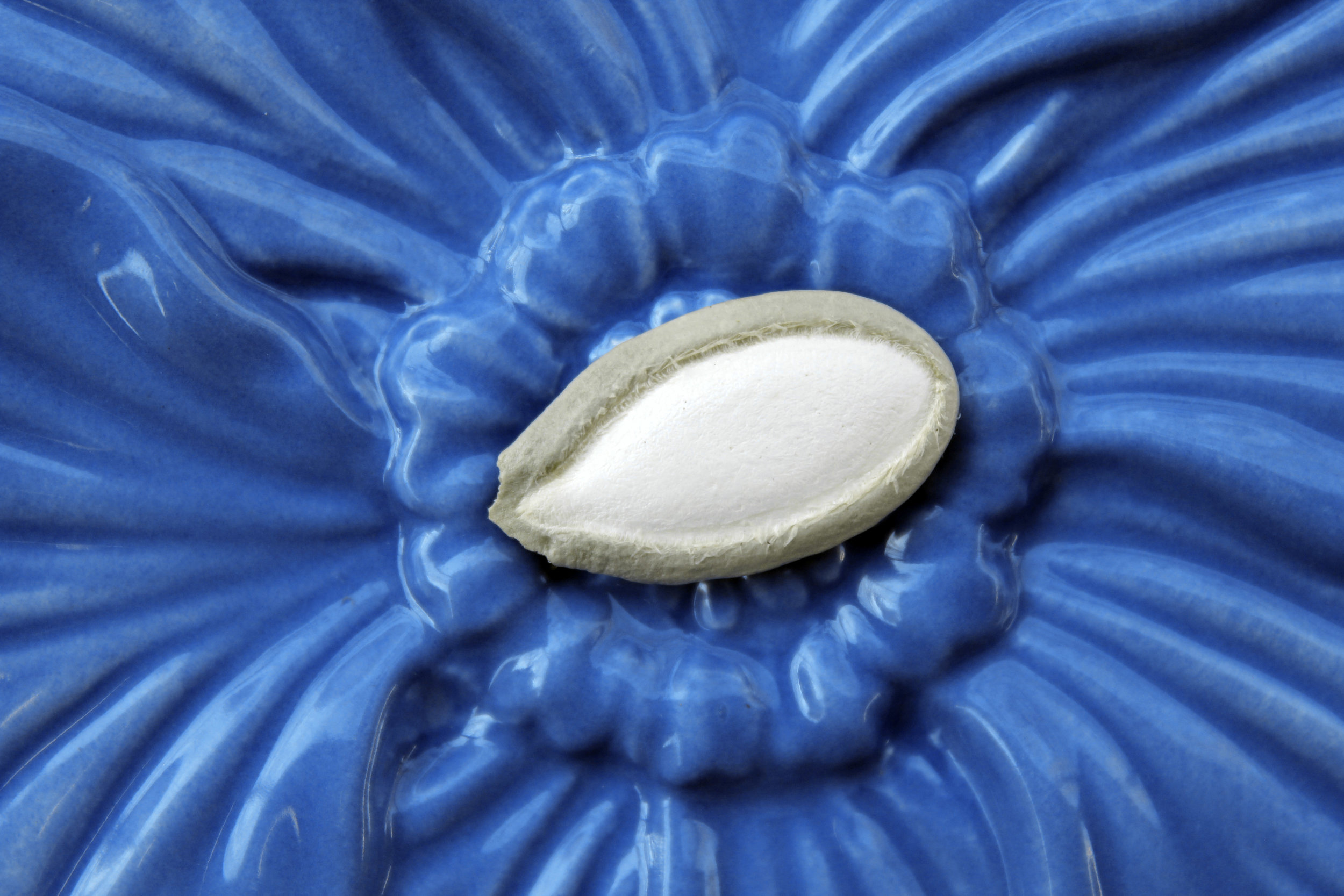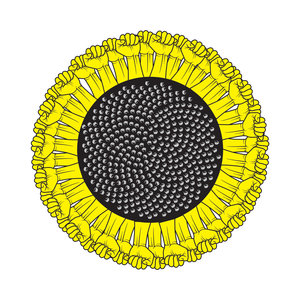Organic Heirloom Seeds 2013
 Seed catalogues came early this year, which was a nice surprise. I like the printed catalogs. They're like story books to me. As I sit and read, my mind fills with wonder. I'm taken to a world filled with color, texture and taste. Thoughts of perfect rows, sun drenched days where pollinators play all day inspire me to order a spectrum of delights for my soul.
Seed catalogues came early this year, which was a nice surprise. I like the printed catalogs. They're like story books to me. As I sit and read, my mind fills with wonder. I'm taken to a world filled with color, texture and taste. Thoughts of perfect rows, sun drenched days where pollinators play all day inspire me to order a spectrum of delights for my soul.
I like catalogs because I chose what I want to grow. I know and trust the source, and I support small, independent businesses that have passion for seed collecting. And, it's an action against GMOs.
There's always too many seeds and not enough time or land in my world. It's a good problem to have. I want to share with you the excitement I got from the catalogues that came into my mailbox
First, there is Terrior Seeds. I met the owners Stephen and Cindy Scott at the 2012 Heirloom Expo. Their business is typical of the small, independent business I mentioned above. Their passion drives them to excel. Terrior Seeds offer a membership program, a gardener referral program, and they have seed collections complimented by books about the concept of the seed collection. For example, the Healthy Cat Collection;
Cats have instinctively relied on eating plants in the wild to maintain healthy bodies.
They are naturally drawn to specific plants for their healing abilities.
We have put together this collection of herbs, grasses and flowers that cats in the wild have used.
Included in this specially priced collection is the book “10 Herbs for Happy Healthy Cats” by Lura Rogers AND the following seed packets:
-Mexican Valerian
-Catnip
-Dukat Dill
-Purple Coneflower Echinancea
-Fernleaf Dill
-Giant of Italy Parsley
I know I'll be ordering some tomato and herbs from them.
Next, it's Baker Creek Heirloom Seeds, the folks who produce the National Heirloom Expo in Santa Rosa, CA. If you want variety, here it is. After being a vendor at the expo in 2012, I recognize some of the staff in the photos in the catalogue. I know they are authentic since I met some of them. This endeared me even more to Baker Creek. I know some melons will be coming my way from this catalogue that intrigued me from the melon display at the expo last year. See how that works.
Fedco Seeds is a seed cooperative in Maine. You can join as a member for $100, and support this wonderful group of dedicated seed collectors. They have a wide selection of seeds, onion sets and seed potatoes known as Moose Tubers. It was Fedco that I found the Mark Twain tomato, and I'm happy to say they have the seed again this year. I will be ordering some Moose Tubers, along with some other sensual delights.
Seeds From Italy is a substantial collection of Italian heirloom seeds. My grandparents came to America from Italy, and I am about to become a dual citizen with Italy. This catalogue connects me to my family heritage, and that is priceless.
They are the catalogues that came in the mail for this growing season. I have others that I picked up in my travels last year, but it's that tradition of seed catalogs in the mail that I feel is part of being an heirloom gardener. Don't get me wrong, I will order online too. Nothing will stop me from varieties that I must have. Remember I drove to Tennessee for Mark Twain tomato plants.
There are other sources here to peruse. Last year I tried to do too many varieties in a compressed gardening schedule. Don't try that. This year, back to some basics, some old stand bys, some new choices, and perhaps a volunteer or two will show up. After all, the word's out that my garden is my inspiration, no telling who, or what will show up to model.
